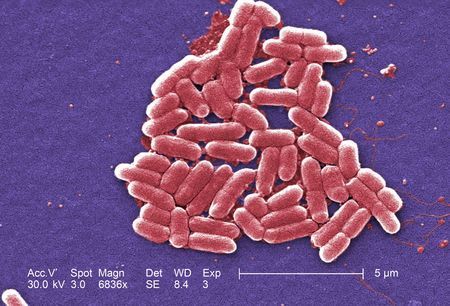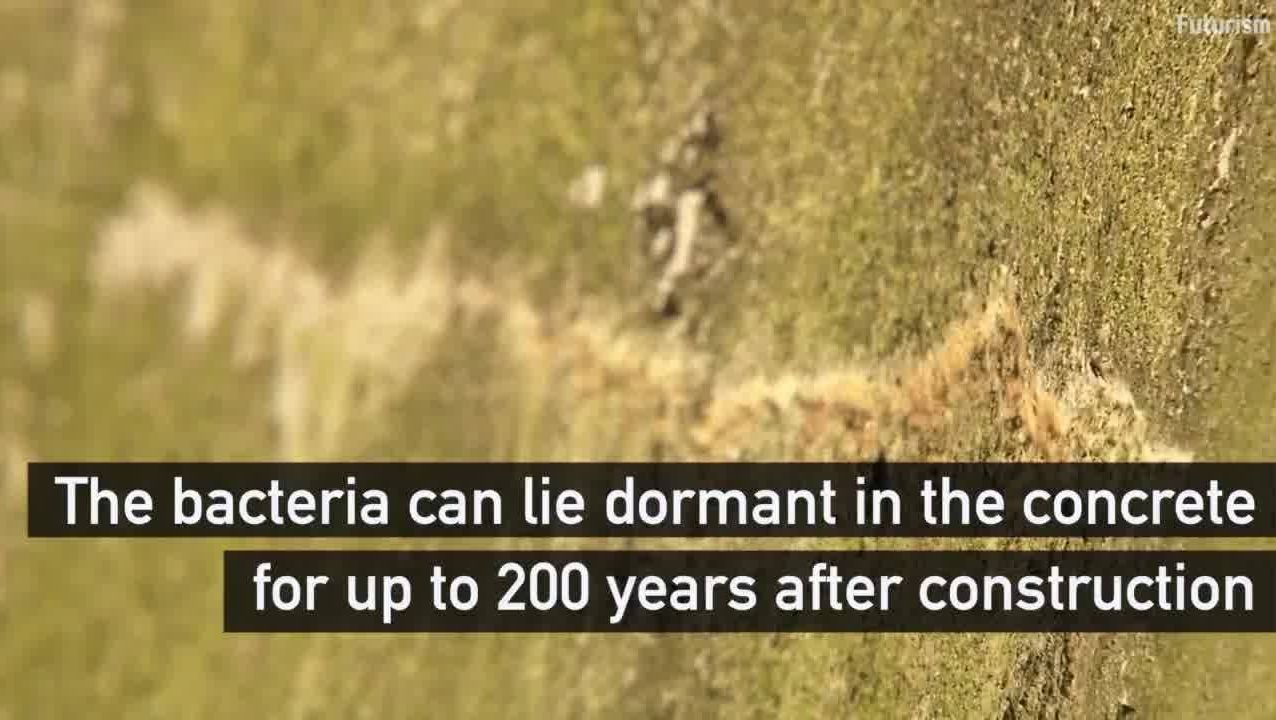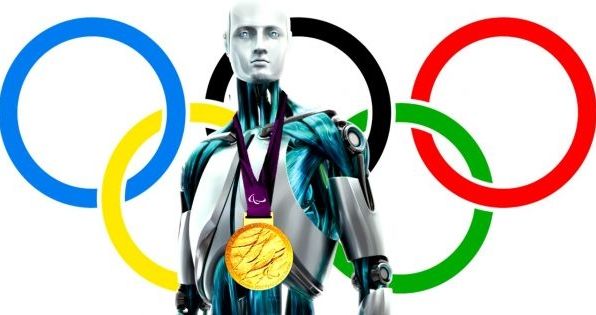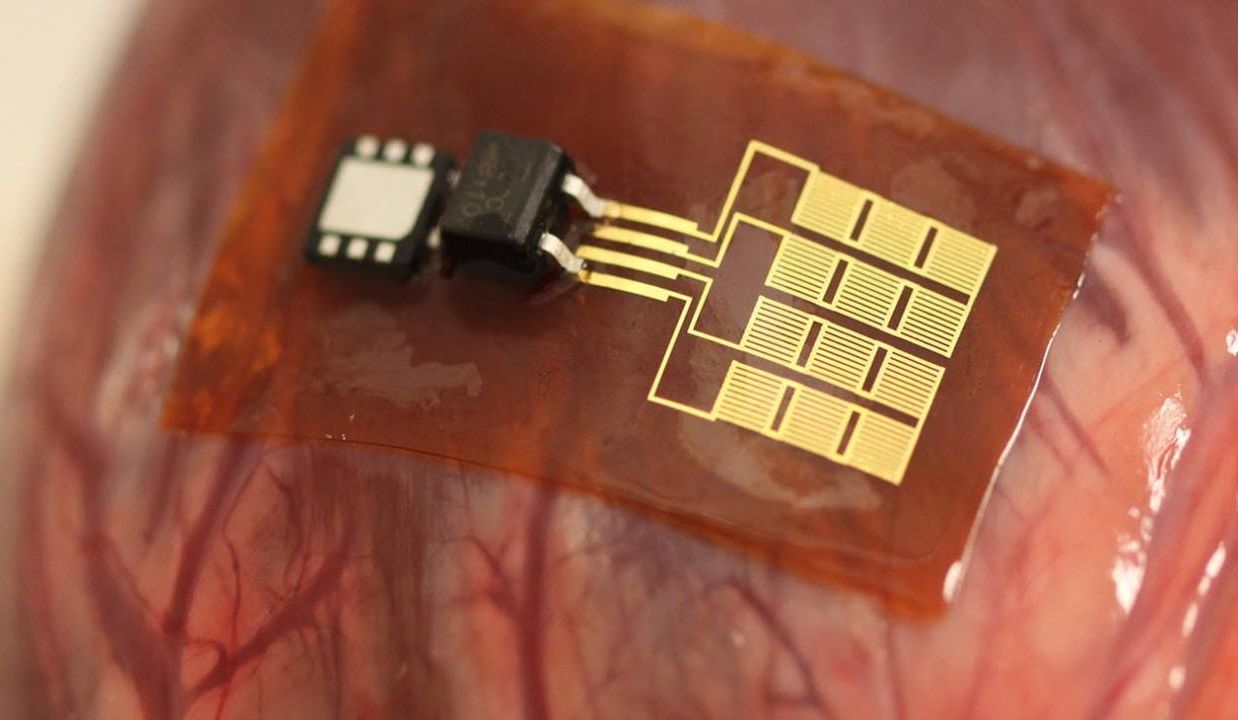Let’s formulate the task of life extension slightly differently. Something like this…How can we extend sex appeal?
Gyms and beauty salons are in charge of this question now. There is some success, but it’s mostly superficial. Plastic surgery only masks, but doesn’t delay the processes of aging.
Expanding sex appeal is a complex task. Its aspects include both beauty and the activity of the brain. To be sexually attractive we have to be smart and fun. One cannot solve the problem of dementia with makeup.
We have to be in an excellent physical shape to be sexually attractive, but also things should be running smoothly with our hormonal regulation.
The task of extending the period of sex appeal is extremely science-intensive. It is not only the Viagra, but a complex impact on the whole organism. It is obvious that molecular biology is responsible for sex in the modern world.









